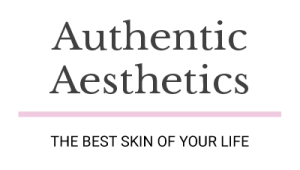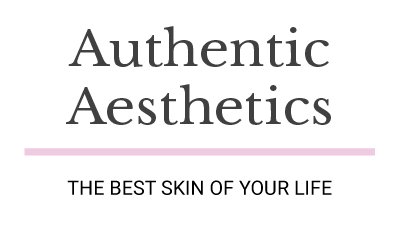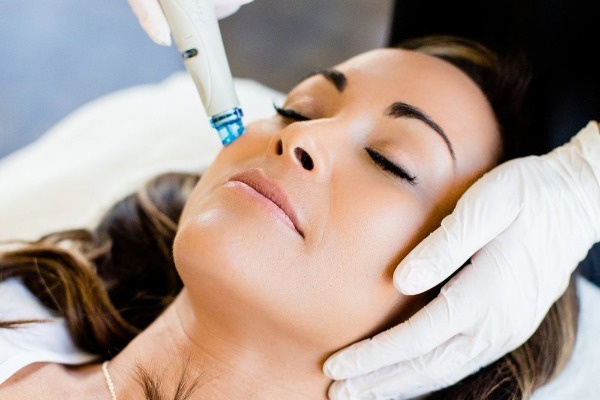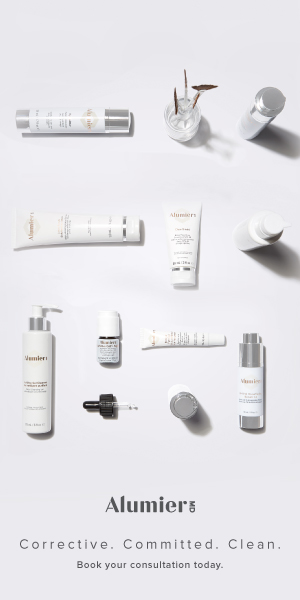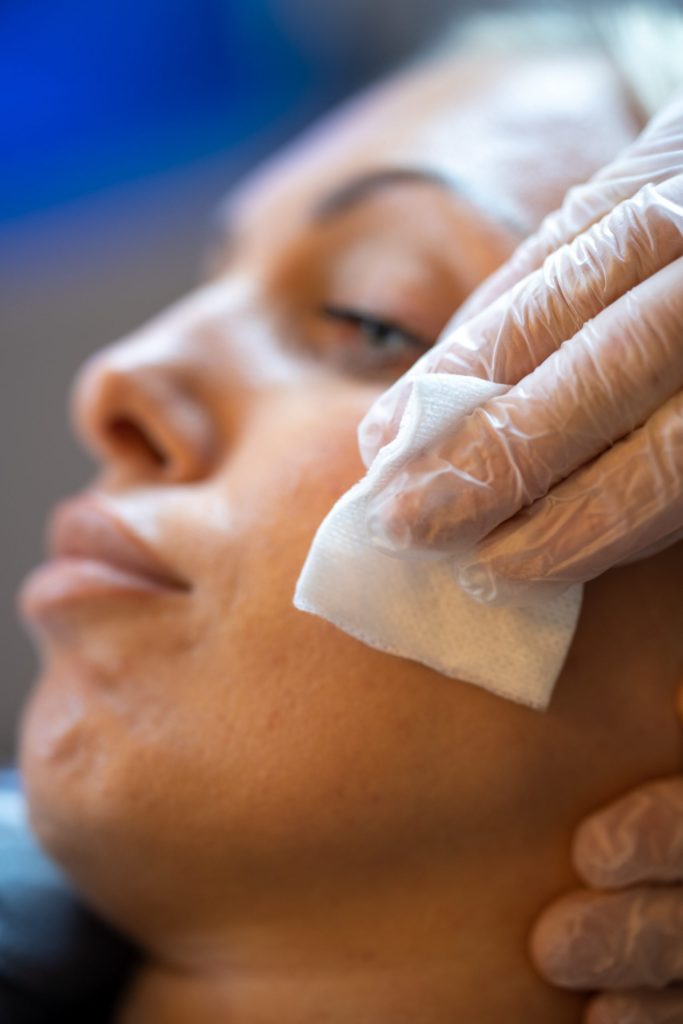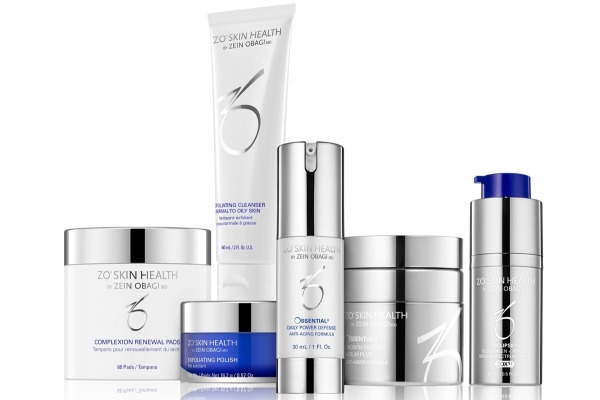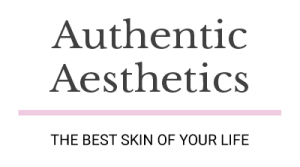Acne FAQs
- Excess oil (sebum) production which leads to bacteria build up
- Hair follicles clogged by oil, dead skin cells, makeup and dirt
- Inflammation which can be caused by hormones, lifestyle or genetics
Type 1: Mild Acne – Consists of a small concentration of pimples and/or blackheads on the skin. It isn’t usually inflamed and doesn’t occur on a daily basis.
Type 2: Moderate Acne – Moderate acne consists of blackheads, pustules, papules and pimples on the skin. They occur more frequently and there may be some redness or inflammation around the affected area.
Type 3: Moderate to Severe Acne – Inflamed, with the skin looking red and irritated. Cysts, papules, and nodules may also be present.
Type 4: Severe acne – Extremely painful, there will be numerous pustules, cysts, papules and nodules in the affected area or on various parts of the body.
The key to clearing acne is first knowing what your triggers are. Hormonal acne for example is the most difficult to clear as you have to treat the root cause of controlling your hormones first and foremost, this can be done with contraceptives and other medication.
Inflammatory acne can be caused by reactions to diet such as dairy, sugar or alcohol, it’s important to make a note of your triggers and see how and when your acne is appearing.
The key to clearing acne is ensuring you have a tailored cosmeceutical skincare routine to keep oil production at bay on a daily basis. This combined with targeted professional treatments like chemical peels or HydraFacial can get to a much deeper layer of the skin to deep clean it and improve the overall health of the skin.
For any severity of acne, a consultation is essential with a full skin analysis to determine the cause and severity so a unique plan can be made to help to significantly improve it.
Acne develops when sebum (oil produced by the skin) and dead skin cells clog hair follicles. Bacteria can trigger inflammation and infection resulting in the formation of pus and a pimple/acne is formed.
Sugar and some carbohydrates have been shown to contribute to acne in some cases. Examples include white bread, corn flakes, puffed rice, potato chips, white potatoes or fries, doughnuts or other pastries, sugary drinks such as milkshakes, and white rice.
Dairy (e.g. milk, cheese, yoghurt) has also been shown to contribute to acne production due to a high volume of hormones found within it. Alcohol can also be a trigger for a lot of people due to the high levels or sugar and inflammatory reaction to it within the body.
Not everyone’s acne will be affected by their diet but it’s a good idea to be aware of your triggers and how your skin reacts when you ingest certain foods/drinks.
- Not cleaning the skin thoroughly
- Touching the skin regularly with dirty hands
- Wearing thick makeup
- Not removing makeup properly
- Using thick moisturiser
- Not using the right products for your skin
- Having a high sugar/high dairy diet
- Not cleaning your skin after exercising
The relationship between stress and acne has been misunderstood by many. Stress can’t directly cause acne. However, studies have shown that if you already have acne, stress can make it worse. Researchers have found that wounds, including acne, are much slower in healing when a person is under stress.
While drinking is essential for your overall health, including skin health, there is no definitive research supporting the claim that drinking water will clear up acne.
- High levels of sugar, dairy, carbohydrate and alcohol in your diet
- Using thick moisturiser, stick to oil free, lightweight hydrating gels and serums
- Thick makeup, stick to mineral makeup to allow your skin to breath
- Touching your face regularly with dirty hands
- Exercising in makeup and not cleansing the skin after exercise
- Don’t have high levels of sugar, dairy, carbohydrate and alcohol in your diet
- Don’t use thick moisturiser
- Don’t wear thick makeup
- Don’t exercising in makeup and not cleansing the skin after exercise
- Don’t get your skincare advice from influencers or celebrities who are being paid to sell them and have no actual knowledge or training in the skin
- Do keep a diary of your skin triggers e.g. if you get a flare up after eating certain foods
- Do use oil free, lightweight hydrating gels and serums
- Do use oil controlling acids such as salicylic acid
- Do use mineral makeup to allow your skin to breath
- Do consult an Aesthetician at a reputable Aesthetic skincare clinic
People with acne should always stick to oil free products and have high levels or exfoliating and oil controlling acids in their routine. Skincare is extremely unique to each individual, we would always recommend a skin analysis and consultation with one of our expert Aestheticians to see what’s going on underneath your skin, find out about your skin type, skin goals, budget and lifestyle, at which point we can make recommendations that will treat your personal skin needs. These are included for free with any treatment for a new client or can be booked as a stand alone consultation.
A lack of sleep has been proven to promote stress in the body, which can cause a spike in a hormone called cortisol. While stress cannot directly cause acne, it can contribute to it becoming worse.
We tend to recommend either our Obagi Blue Radiance peel due to the high levels of oil controlling salicylic acid being extremely effective at drying out active acne, or HydraFacial which deep cleans and hydrates the skin removing congestion and impurities while simultaneously delivering key nutrients into the skin to improve its overall health.
- Don’t have high levels of sugar, dairy, carbohydrate and alcohol in your diet
- Don’t use thick moisturise or thick makeup
- Don’t exercising in makeup and not cleansing the skin after exercise
- Clean your skin every morning and every evening
- Change your pillow case on a weekly basis
Prices will vary based upon your location, the quality of the machine being used and the experience of your practitioner. Head to our price list to see pricing of our Obagi blue radiance peel and HydraFacial treatments which are the most commonly recommended treatments for acne.
